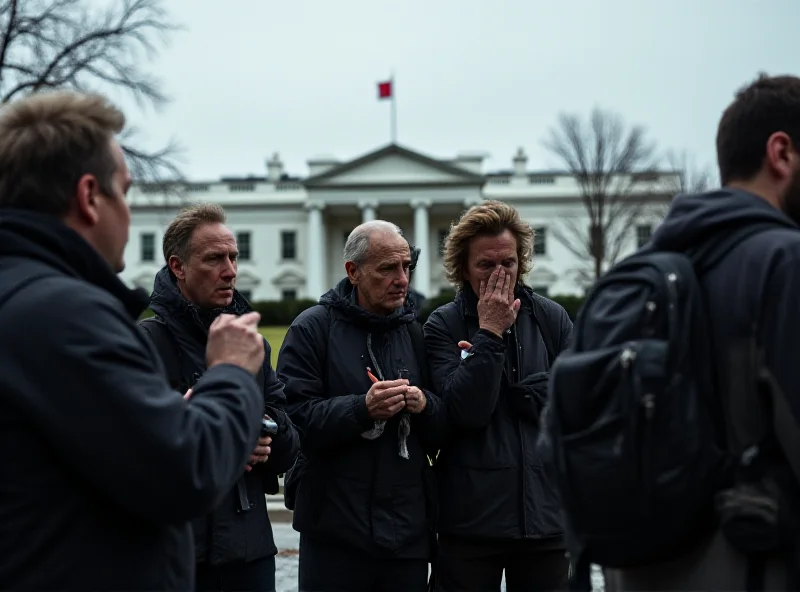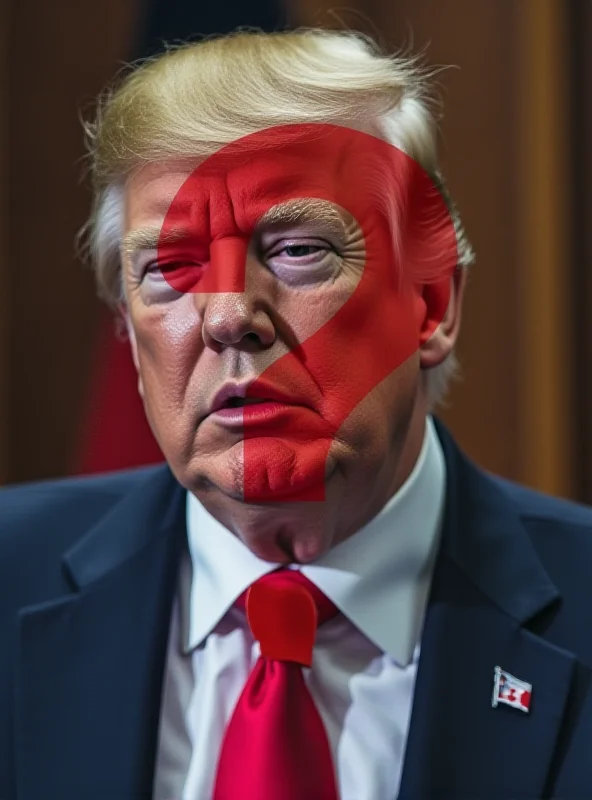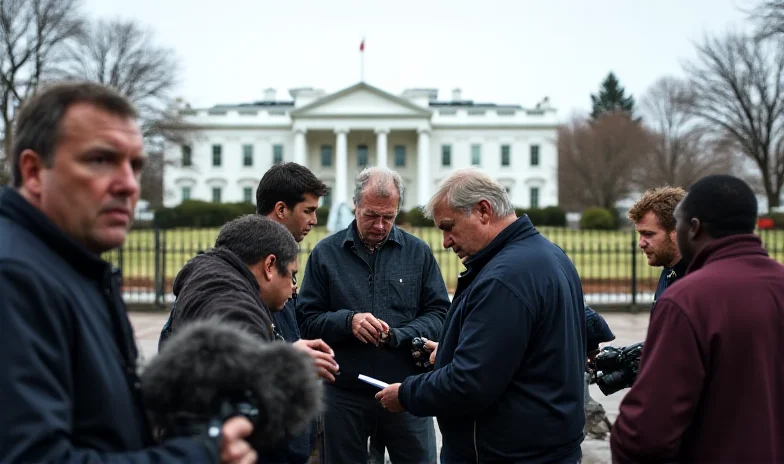The Trump administration has faced a series of controversies regarding media access and foreign policy decisions. From restricting media coverage at the White House to navigating complex relationships with international leaders, the administration's approach has drawn significant attention.
Media Restrictions at the White House
Early in Trump's term, the White House implemented a policy that barred certain media outlets, including Reuters, from covering the first meeting of his government. This decision raised concerns about transparency and freedom of the press. The move sparked debate about the administration's relationship with the media and its commitment to open communication. The exclusion of specific news organizations set a precedent that worried many journalists and media watchdogs.

Navigating International Relations
The administration's foreign policy has also been under the microscope. During a joint press conference at the White House, U.K.'s Starmer stated that U.S. threats to Canada were not discussed in their meetings, but his answer was abruptly cut off by Trump. Despite concerns over potential divisions, Starmer maintained that no such discussion took place. This interaction highlighted the sometimes-contentious dynamics between the U.S. and its allies.
In a separate incident, Mexico extradited 29 cartel bosses to the U.S., including the killer of DEA Agent Enrique "Kiki" Camarena, in what appeared to be an effort to appease U.S. officials amidst tariff disputes. This move, dubbed the "Trump Effect," demonstrated the administration's pressure on other countries to comply with its demands.

Other Policy Decisions
Domestically, Virginia Governor Glenn Youngkin directed the state's sheriffs and jails to cooperate with President Trump's ICE agency. This decision sparked controversy and debate over immigration policy and states' rights. The directive underscored the administration's focus on immigration enforcement and its willingness to involve state and local authorities in federal immigration efforts. The decision was met with both support and opposition, reflecting the deep divisions surrounding immigration policy in the United States.

The Trump administration's policies, both domestically and internationally, have consistently generated significant debate and scrutiny. From media access to foreign relations and immigration enforcement, the administration's actions have had far-reaching consequences.
"What a beautiful accent," the US president said of the British leader.
Even seemingly minor interactions, such as the US president complimenting the British leader's accent, offer insight into the dynamics at play. While charm may be present, any potential deals often remained elusive, highlighting the complexities of international diplomacy.
